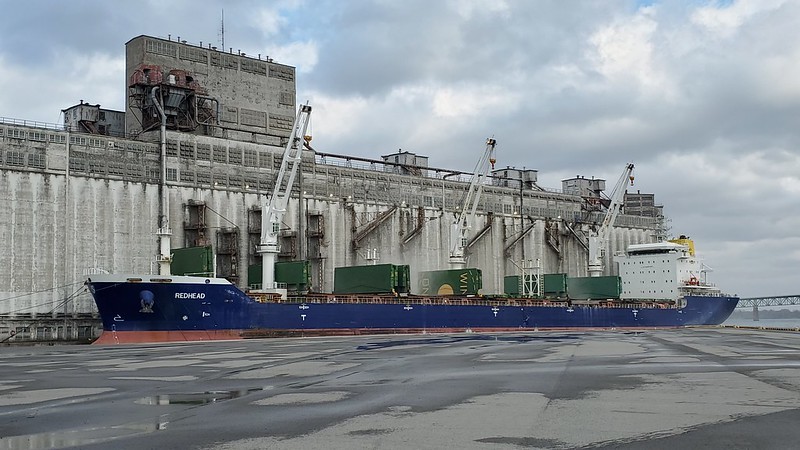As the shipping season officially opens this week, the Chamber of Marine Commerce (CMC) is honoring three U.S. senators and three U.S. representatives for their support of sustainable, maritime commerce on the Great Lakes-St. Lawrence Seaway system.
Champion of Great Lakes Marine Commerce awards were presented to Senators Tammy Baldwin, D-WI, Todd Young, R-IN, Gary Peters, D-MI, and Representatives Mike Gallagher, R-WI8, Marcy Kaptur, D-OH9, and Jackie Walorski, R-IN2.
Whether it is outwardly opposing further delay to the opening of the St. Lawrence Seaway last spring or fighting to increase funding for infrastructure and ice breaking capabilities in the region, each of the recipients have been an important voice for Great Lakes-Seaway marine commerce, CMC officials said.
These legislators have also supported funding for critical infrastructure such as the construction of a new Soo Lock for the binational shipping navigation system — a system that supports more than $35 billion in economic activity and 237,000 jobs in the U.S. and Canada.
“This past year was difficult for everyone, including frontline marine workers who showed tremendous resiliency to ensure citizens and businesses had the essential food, fuel, power, and materials to keep going during one of the worst health and economic crises in modern history,” Bruce Burrows, president and CEO of the Chamber of Marine Commerce, said in a prepared statement. “We want to recognize and thank these Members of Congress for their efforts and their continued championing of the regional economy by supporting sustainable industries like marine.”
As the safest, most efficient and environmentally smart method of transporting bulk cargo, marine transportation eases highway congestion, reduces greenhouse gas emissions and acts as a catalyst for economic growth, the CMC said.
Shipments of many key cargoes like iron ore, petroleum and construction materials significantly declined in 2020 due to the pandemic. Burrows said that the outlook for 2021 will be dependent on the pace of economic recovery in U.S. and Canada, as well as harmonized, practical, and science-based approaches between the two countries in key areas like high water and ballast water management.
“Going forward, there will be many opportunities to partner with legislators and government officials to build on marine transportation’s significant public interest benefits, and at the same time create jobs, boost our trade potential and protect the environment,” said Burrows.




